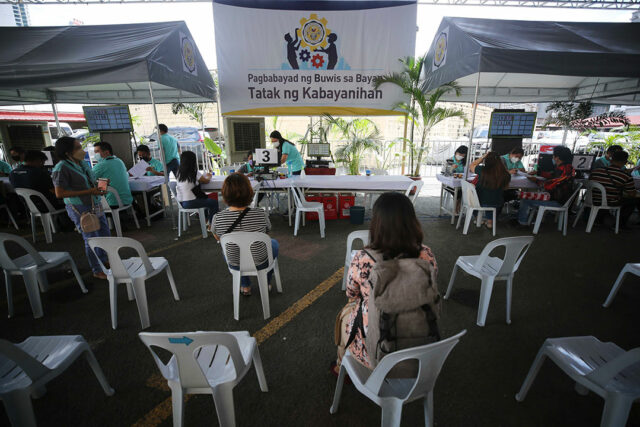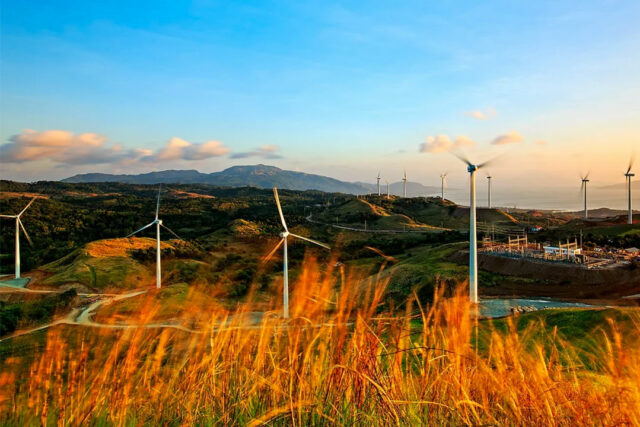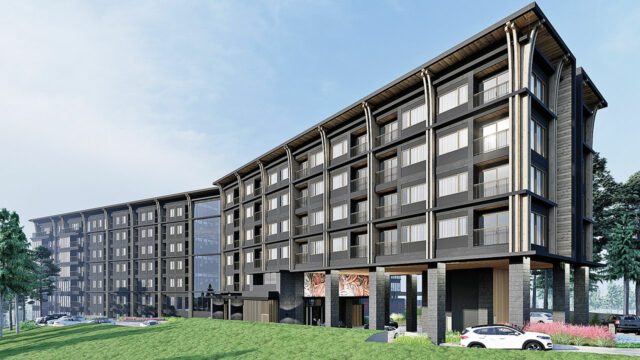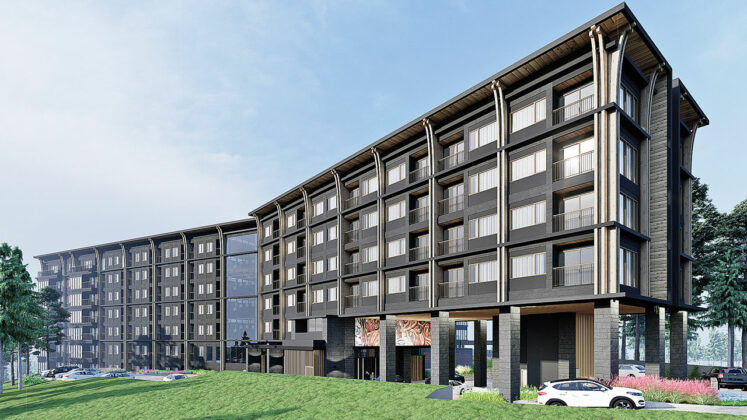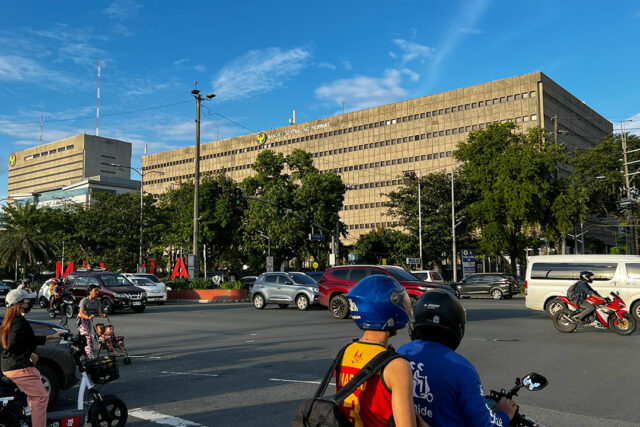Contact centers target 5% growth
By Justine Irish D. Tabile, Reporter
THE CONTACT CENTER Association of the Philippines (CCAP) is projecting at least 5% growth in revenues and jobs this year, even as companies increasingly adopt new technologies, including artificial intelligence.
“For 2025, we’re still projecting a growth of between 5% and 7% as an industry,” CCAP President Haidee C. Enriquez said during a pre-event conference for Contact Islands 2025 on Wednesday.
Last year, the contact center industry booked $31.5 billion in revenues, 82% of the information technology and business process management (IT-BPM) industry’s total revenue. It also had 1.62 million full-time employees, making up 89% of the industry’s total employee count.
If the 5-7% growth is realized this year, the industry’s revenues by the end of the year may range from $33.1 billion to $35.42 billion, and its employee count may range from 1.7 million to 1.73 million.
However, she said that the Information Technology and Business Process Association of the Philippines is set to review the targets under the Philippine IT-BPM Industry Roadmap 2028.
“The 5-7% growth is not yet the revisited targets. But we are very confident that we will achieve that,” she said.
Citing an internal survey conducted among its 167 member companies, she said 100% of the companies said they are “somewhat confident” and “confident” that they will be hitting their targets.
Ms. Enriquez noted, however, that there has been slower growth in headcount due to the adoption of new technologies.
“But it does not necessarily impact the revenue, simply because members are slowly but surely going into higher value services,” she added.
CCAP Board Director Tonichi Achurra-Parekh said the headcount will likely continue to grow in the near term even as more companies adopt new technologies.
“Do we project that we will see a reduction in FTEs (full-time employees) in the next one to two years? Maybe not. But yes, it will be slower. Further than that, we don’t know, just because of the fast-paced development of the technology,” she said.
“We are now focused on upskilling and retraining our workforce to make sure that… we move up to the high-value, complex type of work. That we are going to see, and that will continue to happen,” she added.
Jamea S. Garcia, corporate secretary of CCAP, said upskilling workers would allow contact center companies to shift to higher-value work, which would boost revenues.
“The revenue per FTE becomes higher because there are more efficiencies to be had,” she added.
Following the group’s projection, the contact center industry is estimated to hire 80,000 to 100,000 more employees this year. This would be lower than about 110,000 new hires last year.
According to Ms. Enriquez, companies are deploying more resources towards upskilling existing workers.
“The industry in general got P500 million in funding from the Technical Education and Skills Development Authority (TESDA) for upskilling,” she said. “Well, the rest, hopefully, will come from the Department of Information and Communications Technology (DICT).”
Ms. Enriquez said workers will undergo training in new technologies, covering areas such as cybersecurity, data analysis, data annotation, and medical coding.
CHALLENGES
Aside from talent and skills gaps, the contact center sector is also facing competition from new and re-emerging markets for IT-BPM services.
“There are more and more locations that want to be like the Philippines… And most of our members actually reported that this is a challenge more than ever for many of them when it comes to generating and attracting new clients,” said Ms. Enriquez.
These markets include countries in Latin America, the Association of Southeast Asian Nations, and Eastern Europe.
“They have discovered the gold mine that we discovered many, many years ago. So, they are capitalizing, like Cairo, for example, and our neighboring countries, like Malaysia and Vietnam,” said Ms. Achurra-Parekh.
“And they’re making it very attractive for the same investors that we have so that they (the clients) will go there,” she added.
‘CAUTIOUSLY OPTIMISTIC’
Meanwhile, Ms. Enriquez said they are closely monitoring the US government’s tariff policies for signals, as the US remains the dominant source of outsourced work to the Philippines.
“There is some concern. So, suffice it to say that we are cautiously optimistic as an industry that it will not have a long-term impact on us,” she said.
“The tariffs are now centered on goods, not services. But given the unpredictability on that side of the fence, there might be, later on, tariffs imposed on services that are being offshored to the Philippines,” she added.
However, Ms. Enriquez said the US tariffs on goods have not impacted the ways of doing business for contact centers in the Philippines.
“But we’re being very watchful and cautious,” she added.
Citing historical trends, CCAP said the industry growth fell sharply from 12.3% in 2016 to just 2.5% and 3.9% in 2017 and 2018, respectively. These years coincide with US President Donald J. Trump’s first term.
Mr. Trump, who began his second term in January, has upended global trade by imposing reciprocal tariffs on most of its trading partners.
The Philippines is facing a 17% reciprocal tariff, the second-lowest rate among Southeast Asian countries.
The US has paused reciprocal tariffs until July pending negotiations with trading partners.
However, Ms. Achurra-Parekh said that while the tariff policy only covers goods, it may also affect how contact centers in the Philippines provide services to US customers.
“Indirectly, the consumer behavior in the US will impact how we provide the services,” she said.
“Although we don’t manufacture the goods, at the end of the day, we service them,” said Ms. Garcia.





